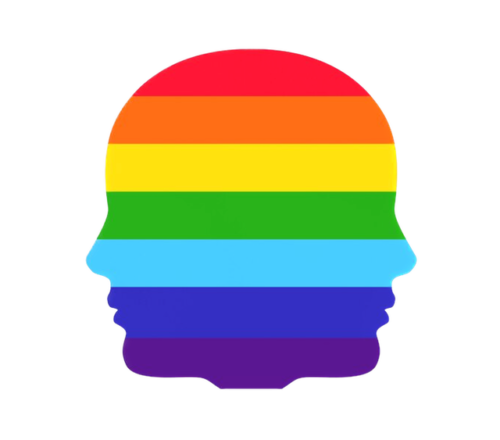Quick Guide to Inclusive Language

Inclusive Language in Spoken Form


Video Warm-up

5 Tips to Talk

Accept your mistakes and apologize.
But don’t let this stop you or don’t use this as an excuse to not engage further. These things happen; no big deal – what is important is to continue and engage respectfully.

Small steps matter.
Say hello. Say hi. Say thank you. Open the door for people. Smile at them. And invite someone for a coffee.
Ask open-ended questions.
– so, where are you from?– well, would you mind telling me about your background?– tell me more about your experience.

Don’t make assumptions.
Try to avoid stereotyping and treat people as people. Individuals stand out from a group, so act that way when interacting with others.

Learn how to find out more.
Sometimes it can be difficult to ask the right questions, especially if English is your second language.
This is Tricky
«Hey guys!»
or
«Hello everyone.»
This next topic is a little tricky. Here are a few themes that create inclusivity, but that may limit language and evolution of our language as we use it today. What do you think?

Universal phrases (Inclusive), versus phrasal verbs, idioms and expressions (um, non-inclusive).
«That was a great deal that you made, Mark!»
or
«What a great job! I am sure the client will like it. They will be very happy!»
Just isn’t the same as.
«You sure cranked it out of the park man. Grand slam brother!»
or
«Your project was the bomb! The client will die for this! They will praise you forever Ricky boy»

Mental health is no joke.
«You are absurd!»
or
«You are nuts/crazy/whacko, etc»
Say What?

United Nations Guidelines
Click here for a self-guided training.





